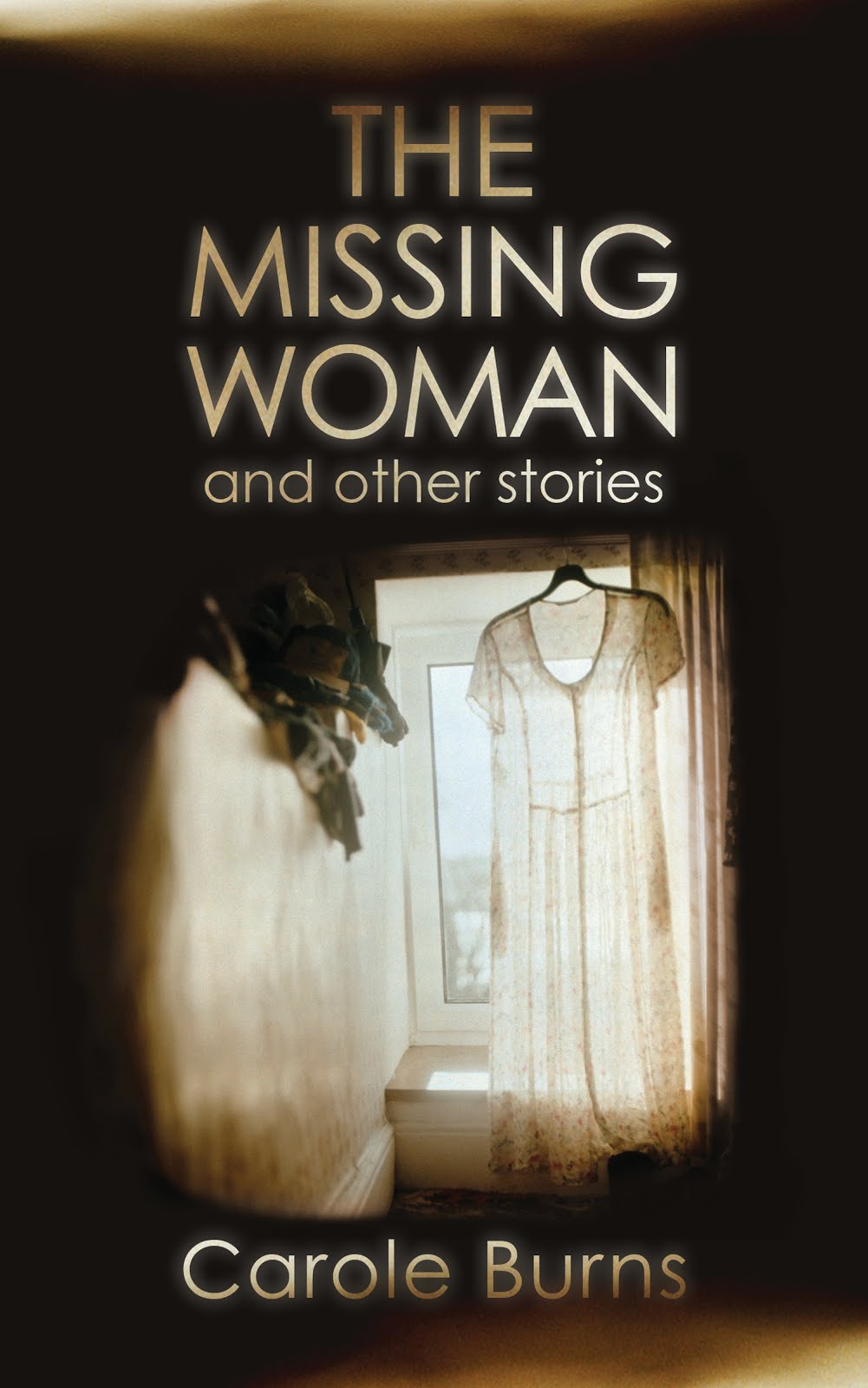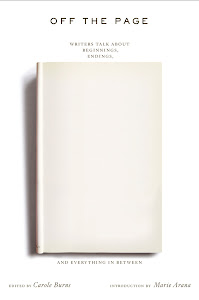I feel like I grew up reading Anna Quindlen. Somehow, her reasonable, clear, articulate vision of what it is to be a woman helped shape the woman, and the writer, that I am.
So I'm befuddled when, still at heart a journalist who needs to get the facts right, I search for the dates when her column, "Life in the Thirties," began. Surprisingly difficult to find, first of all. And then the earliest columns I can find are the "Hers" column which ran in the Metro section. I'm a senior at university by the time that's running.
When I interviewed her last week about her new novel, "Still Life with Bread Crumbs," she spoke about the ideas that readers put onto her -- not all of them jiving with her own ideas about her work. So here's another one, I suppose -- my own faulty filter through which I've taken in her work.
Which didn't at all diminish the pleasure of talking to her about journalism and fiction, art and writing. Below, a slightly longer version of a response for the interview, which appeared today in the Washington Post.
Can you give an example of ideas readers put onto your work that didn't correspond with your own ideas.
When I was doing Life in the Thirties, there was a lot of perfect-mother/perfect-life stuff, which seemed entirely laughable to me since half the time I couldn’t find a clean pair of socks. But there was this sense that I was standing for something, or more correctly that I was standing in for a lot of someones. And that’s really gratifiying. When people come up to you and say, "You’re writing the story of my life," what can you say but, "Thank you." At the same time, the ways in which it makes people think about you can be a little disconcerting. A woman came up to me at a book signing and said, “Can you write: 'For Mary, You’re my very best friend.' ” On the one hand, that’s very sweet. On the other hand, I have a very best friend and her name is not Mary.
(Regarding the work of the character in her novel, Rebecca Winter...)
I did think there was a moment, and her life encapsulates it, when the world was breaking open for women and the world was looking for images that reflected both the way they lived and what they no longer wanted their lives to be. So I think it makes sense that people project onto her photographs. It’s just that at a certain point, you have to make a deal with yourself that has nothing to do with the outside world. I mean, those moments when Rebecca says, reflecting the fact that her work is deeply intuitive, "I know it when I see it," you can’t stop listening to that voice because the public doesn’t respond in the same way or the work doesn’t sell in the same way.

